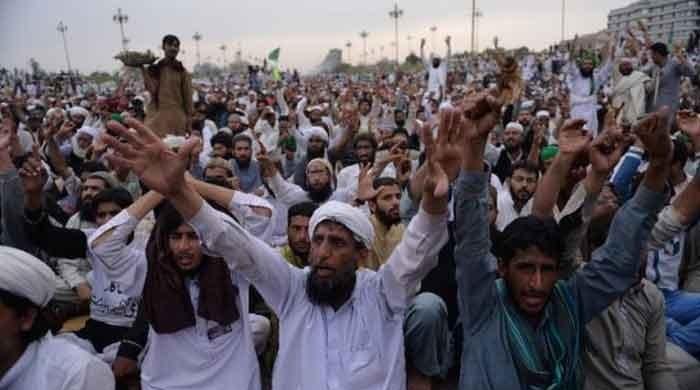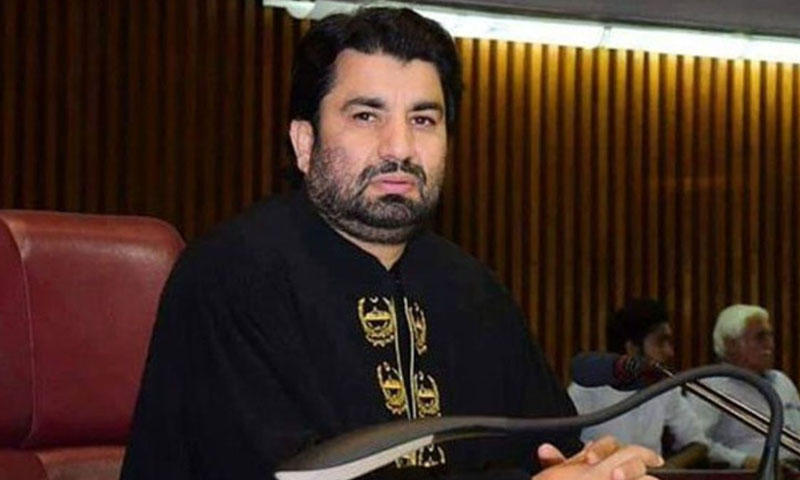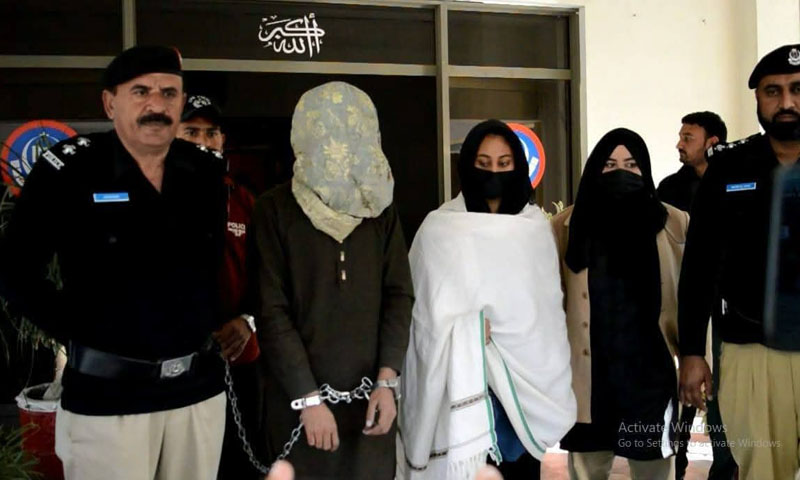- Web Desk
- Feb 09, 2026
Media was coerced during Faizabad dharna: Absar Alam
-

- Web Desk
- Nov 01, 2023

ISLAMABAD: The Faizabad Dharna Case has been a point of contention in Pakistan’s political and legal landscape. Today, as the Supreme Court reconvenes to consider a series of review petitions related to the 2017 Faizabad sit-in, which is central to the Faizabad Dharna Case history, startling revelations have emerged regarding the alleged manipulation of TV news channels.
Absar Alam, the former chairman of Pakistan Electronic Media Regulatory Authority (PEMRA), presented a sworn statement to the apex court, shedding light on the Faizabad Dharna Case judgement’s backdrop. He accused the former head and officers of an intelligence agency of manipulating TV channel policies through illicit means. Such manipulations reportedly involved altering channel numbers, pushing non-compliant channels to the end of cable networks.
Operation launched as deadline for illegal residents expires
Major General Faiz Hameed, the former ISI Director General, and his subordinates were identified as the individuals behind these actions. Dawn News reported that these tactics had considerable repercussions on the visibility and accessibility of affected channels.
In April 2017, the situation became so concerning that Alam approached Prime Minister Nawaz Sharif, Chief Justice Saqib Nisar, and Army Chief Gen Qamar Bajwa. He highlighted the threats PEMRA officials faced for not following these directives, which disrupted PEMRA’s operations.
PEMRA, in May and June 2017, invoked Section 33-A of the PEMRA Act in response to these challenges. This led to actions such as the restoration of Dawn News and Geo News to their original positions. Violating cable operators faced penalties.
During the November 2017 sit-in, a pivotal event in the Faizabad Dharna Case history, the Ministry of Interior lodged a complaint, leading to the suspension of Channel 92. Alam stated that Major General Faiz Hameed and his subordinates contacted him multiple times, seeking the channel’s restoration or the shutdown of all channels. These requests, which he termed as illegal, were denied.
Marriyum Aurangzeb, the then Minister for Information, allegedly urged Alam to shut down all TV channels to which he said he replied that “only a ‘written policy directive’ from the federal government, as stated in Section 5 of the PEMRA Act, will be acted upon.”
Eventually, all TV channels were temporarily shut down during the Faizabad sit-in but were later reinstated.
SC considers restarting NAB law challenge
Alam spoke about a “discernible pattern of interference” in PEMRA’s affairs, leading to conflict and wastage of resources. He stressed that they countered some of these threats through vigilance, although their operations were restricted.
During his tenure, Alam faced numerous challenges, including an intra-court appeal dismissal and a challenge to his appointment, which led to his removal in December 2018. He revealed that numerous sedition and treason cases were filed against him, aligning with Article 6 of the Constitution.
In 2021, Alam claimed that an assassination attempt targeted him, and authorities prohibited him from appearing on TV channels or writing in newspapers. This left him unemployed after his tenure as PEMRA chairman.
The Supreme Court is currently examining the Faizabad Dharna Case, led by Chief Justice of Pakistan Qazi Faez Isa. The focus is on nine review petitions against the February 6, 2019, judgement related to the protest by a religious group that disrupted the capital and garrison city for 20 days.




